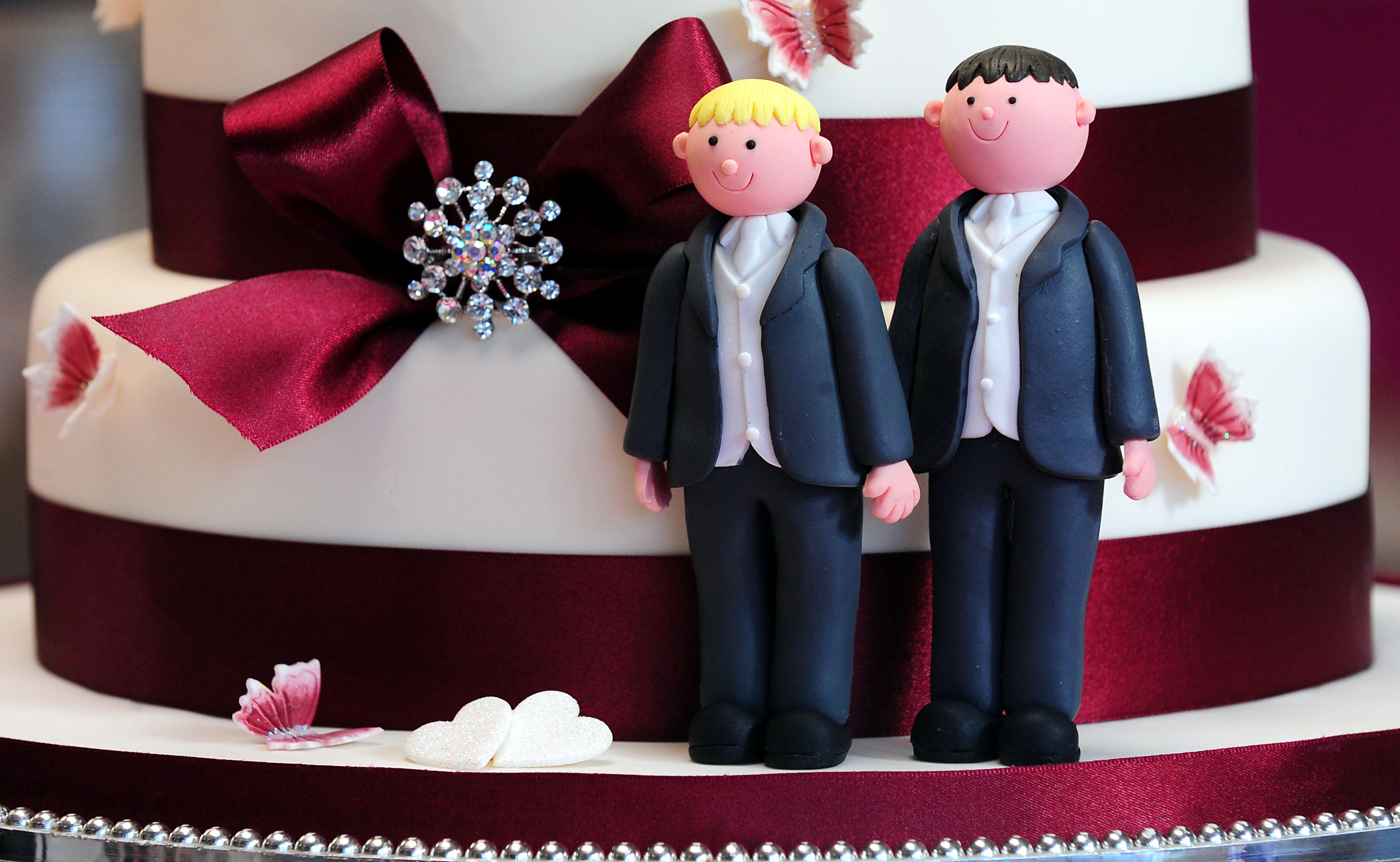Archbishop says believers ‘disagree without hatred’ amid same-sex marriage row
It comes after the Archbishop of Canterbury reaffirmed a 1998 Anglican declaration rejecting same-sex marriage.

The Archbishop of Canterbury has told a gathering of bishops that church members have “disagreed without hatred” this week “not as many in the press want us to”.
It comes after the archbishop reaffirmed a 1998 Anglican declaration rejecting same-sex marriage, sparking a controversy over the church’s relationships with the LGBTQ+ community.
The resolution states that marriage is “between a man and a woman”, and that same-sex relationships are “incompatible with scripture”.
On Tuesday, the archbishop said that he could not and would not punish churches for conducting gay marriages.
He said: “I neither have, nor do I seek, the authority to discipline or exclude a church of the Anglican Communion.
“I will not do so.”
However, on Wednesday comedian Sandi Toksvig criticised the church’s stance, saying that the lives of LGBTQ+ people were “at stake”.
In response, the archbishop offered to meet with Ms Toksvig for a coffee, adding that the threats she and other LGBTQ+ people “have experienced in the name of Jesus Christ are a sin”.
Speaking at the Lambeth Conference in Canterbury on Friday, the Archbishop appeared to reference the row.
“We do not hate as our enemies want us to,” he said.
“And may I say, by God’s grace, this week we have disagreed without hatred, not as many in the press want us to,” he said.
The archbishop told the attendees that a journalist friend of one of his sons had said that his editor was disappointed that the disagreement had been so civil.
“A friend of one of our children, one of our sons, a reporter who is a Christian said ‘I rejoice and I am sad, I rejoice because this week I have seen something new, people who disagree loving each other, but my news editor is very sad because there is nothing to say about that’.”
The archbishop’s comments came during the second keynote address at the Lambeth Conference, a meeting of Anglican bishops which is convened once every 10 years.
He also used his speech to list the past mistakes of the church, as he called for revolution to be part of the “institutional life” of the church.
“God’s church sought to eliminate the first nations and indigenous peoples, from colonised territories.
“God’s church fanned the flames of anti-Semitism, and provided a seabed and theology for the persecution of the Jews and ultimately for the Holocaust.
“God’s church protected earthly power whilst surrendering heavenly hope.
“God’s church split and divided and treated those with whom there was disagreement as enemies to be tortured and killed or today to be vilified on social media and insulted in many ways.”
The archbishop said that Christians were “revolutionaries” who understand the “sinfulness of people”.
“We are revolutionaries,” he said.
“Communism began as a revolution, but as an atheist creed it ignored the sinfulness of people, and was consumed by the abuse of power without repentance.
“The Christian revolution must be one of mercy and forgiveness, generosity and engagement.
“Revolution should be part of the institutional life of those who proclaim Christ.”
Bookmark popover
Removed from bookmarks